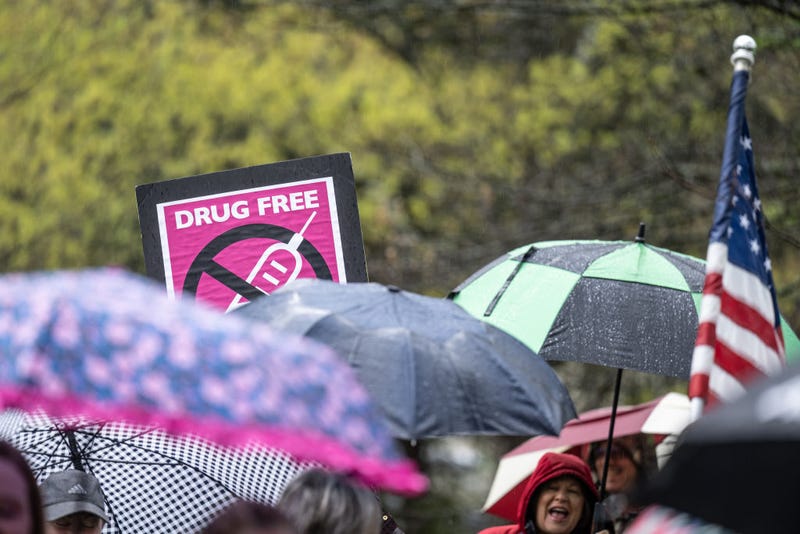
Hopes that U.S. Food and Drug Administration approval for the Pfizer BioNTech COVID-19 vaccine this week would sway unvaccinated people to get shots may be unrealistic, according to the Washington Post.
Interviews with 16 unvaccinated Americans – including six who previously said they would probably get a vaccine if it received full approval from the FDA – conducted by the outlet indicated that vaccine skeptics are still skeptical.
In fact, just one of the unvaccinated people interviewed by the Washington Post said the FDA approval had changed their mind. However, he is not eligible to get vaccinated until November, as he received Regeneron’s monoclonal antibody treatment for a recent coronavirus infection.
“Everybody who didn’t want the shot is literally appalled by the fact that it got FDA approved,” Houston, Texas nurse Jennifer Bridges said Tuesday, arguing that the FDA had rushed to approve the shots despite evidence of their waning efficacy.
Bridges was fired from Houston Methodist in June for refusing to comply with its vaccination mandate. She told the Washington Post in May that she didn’t want to get the shot because it was not FDA-approved.
Now, Bridges is working to organize others who do not want to comply with vaccine mandates anyway.
Although losing her job has not changed Bridges’ stance on COVID-19 vaccines, others may be swayed by their employer’s vaccine mandates.
“That’s what’s going to do it,” said Robert Murphy, an infectious-disease physician and executive director of the Institute for Global Health at Northwestern University’s Feinberg School of Medicine. “If they realize that they’re going to lose their job, they’re going to really think twice whether they really want to avoid the vaccine.”
Many employers have already implemented vaccine mandates, including the Pentagon, CVS Health and CNN. More are expected to following Pfizer’s FDA approval.
For Houston Methodist, the approach was apparently successful.
According to the Washington Post, 97 percent of employees complied, 2 percent sought an exemption and 1 percent left.
As of Wednesday, there were still around 85 million eligible Americans who have not received COVID-19 vaccines, said the Washington Post.
When the Kaiser Family Foundation found in June that 31 percent of unvaccinated adults said they would be more likely to get vaccinated if the FDA granted full approval to one of the vaccines, public health officials had hope that these individuals would eventually get shots. Yet, one expert who oversaw the Kaiser Family Foundation poll didn’t think FDA approval would actually change minds.
“Most people have multiple reasons and concerns about getting vaccinated — it’s not just one thing,” said Liz Hamel, a Kaiser Family Foundation director. “It may take some time for people to think about it.”
The Kaiser Family Foundation plans to conduct another survey after Labor Day to analyze opinions about the FDA approval for Pfizer's vaccine.
Apart from individuals not being moved to get vaccines after the FDA approval, some vaccine opponents have also targeted the FDA with debunked claims on social media, the Washington Post said. Opponents on social media have also argued that mandates deprive people of human rights.
“FDA Approval of Pfizer Shot Does Not Mean Safe,” claimed the Liberty Counsel, a conservative advocacy organization that’s fought against vaccination mandates, in an Aug. 23 statement. In the statement, the organization criticizes how fast the approval process was completed.
Others interviewed by the Washington Post said they were put off by vaccine incentives and breakthrough infections.
Although there have been cases of breakthrough infections for those fully vaccinated with the Pfizer vaccine and others, public health leaders such as Anthony Fauci still stress that getting more people vaccinated will help reduce the spread of the virus and eventually end the pandemic. Vaccines can also prevent severe illness and death, according to the Centers for Disease Control and Prevention.


